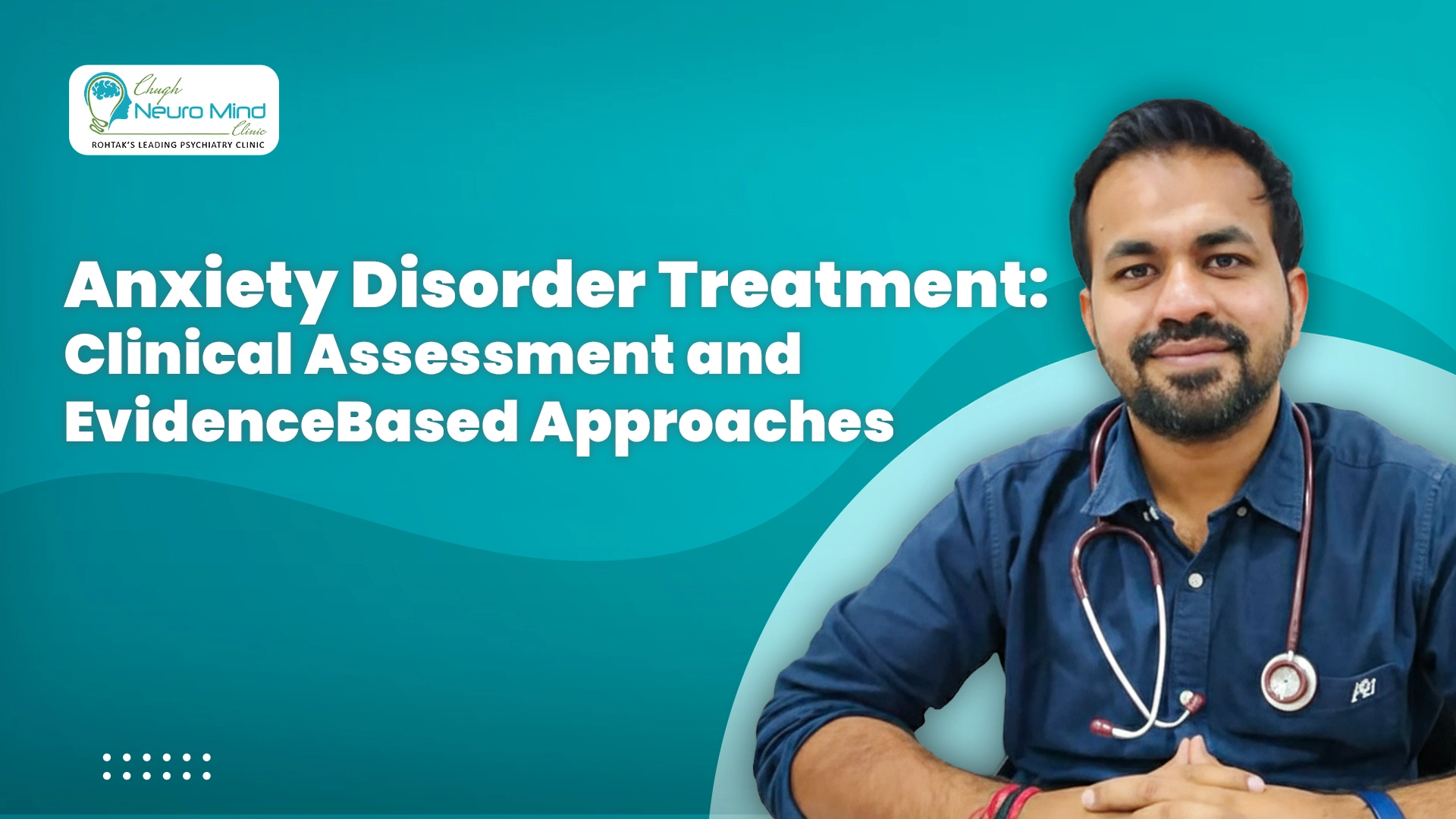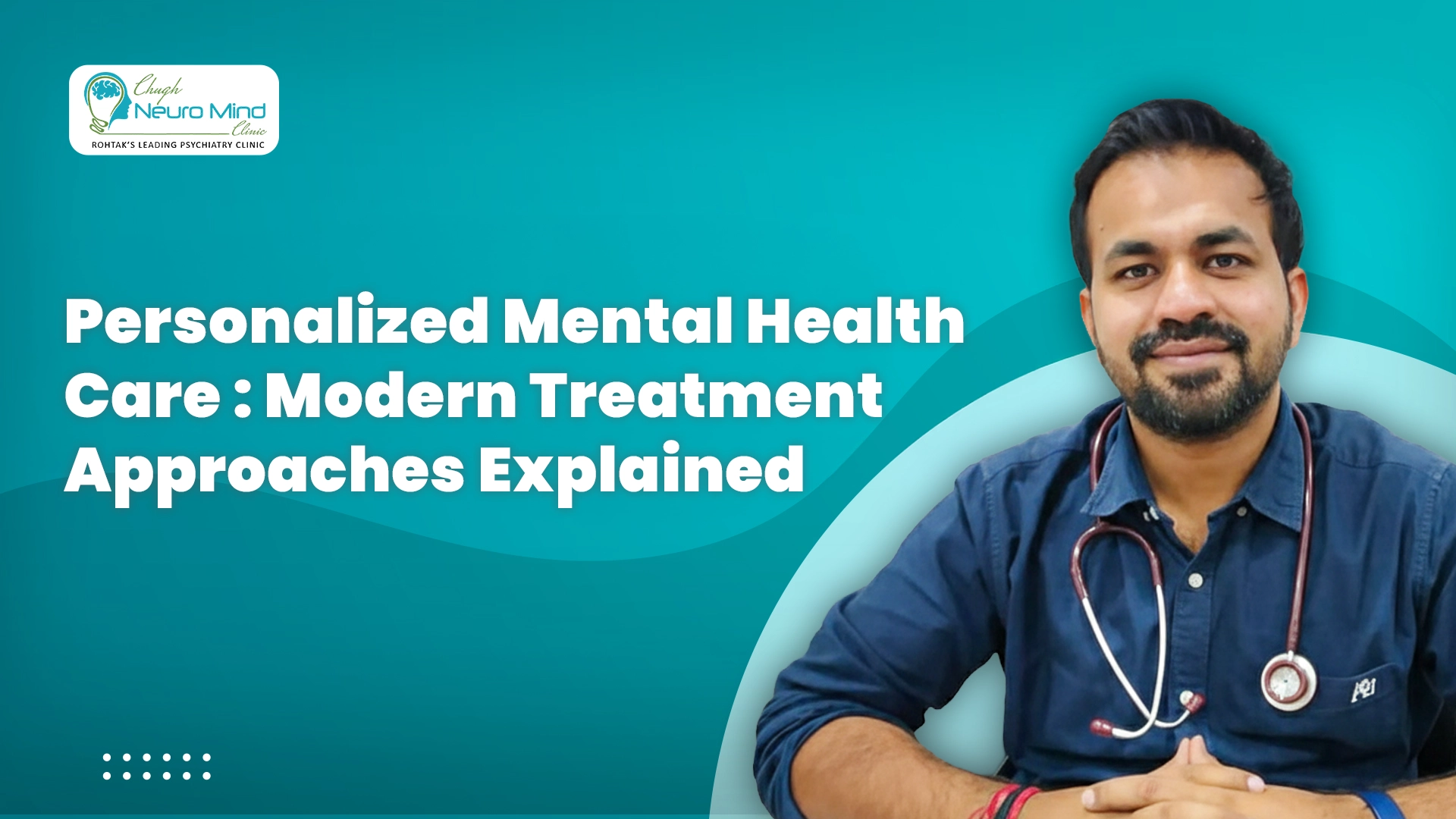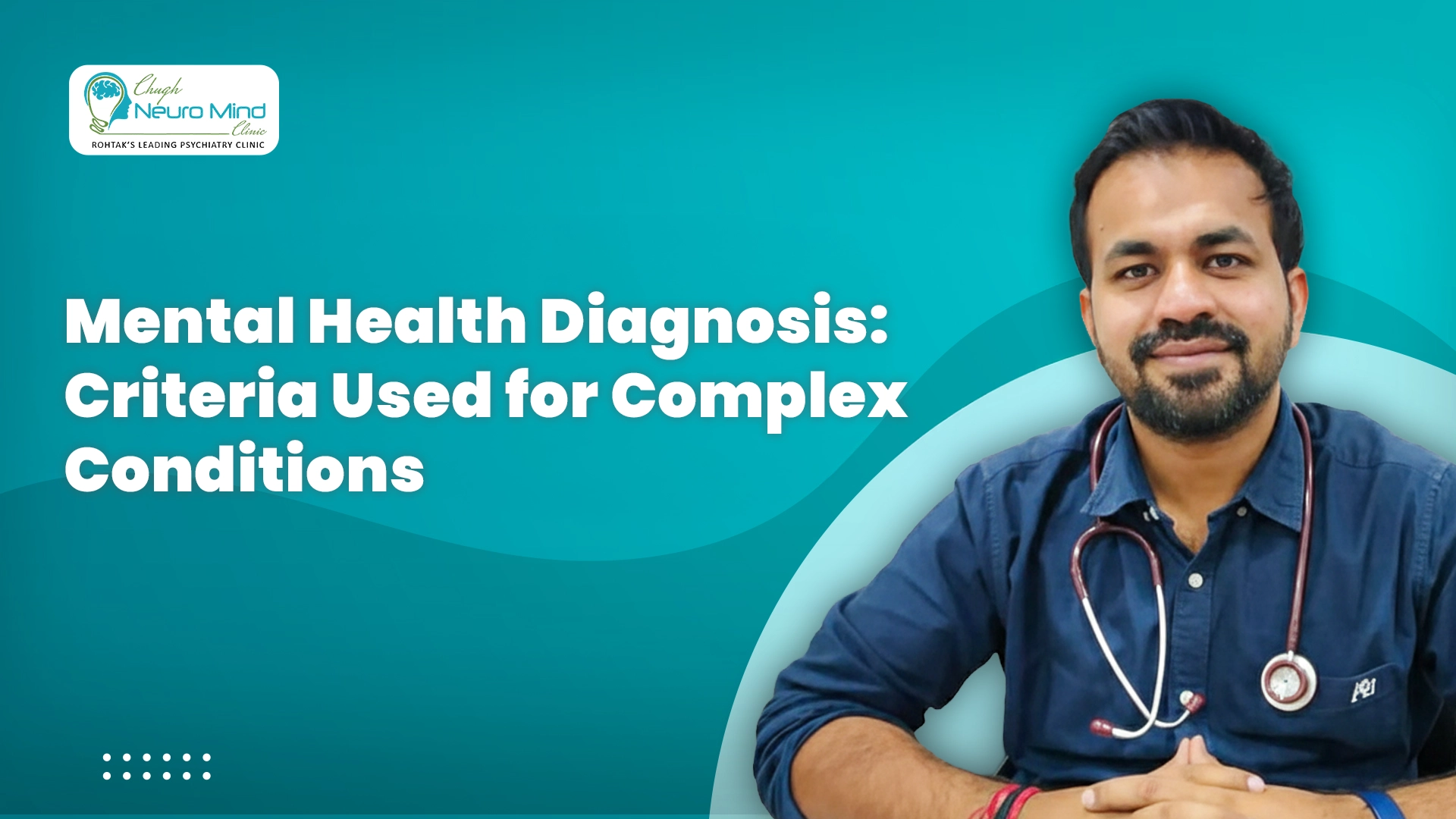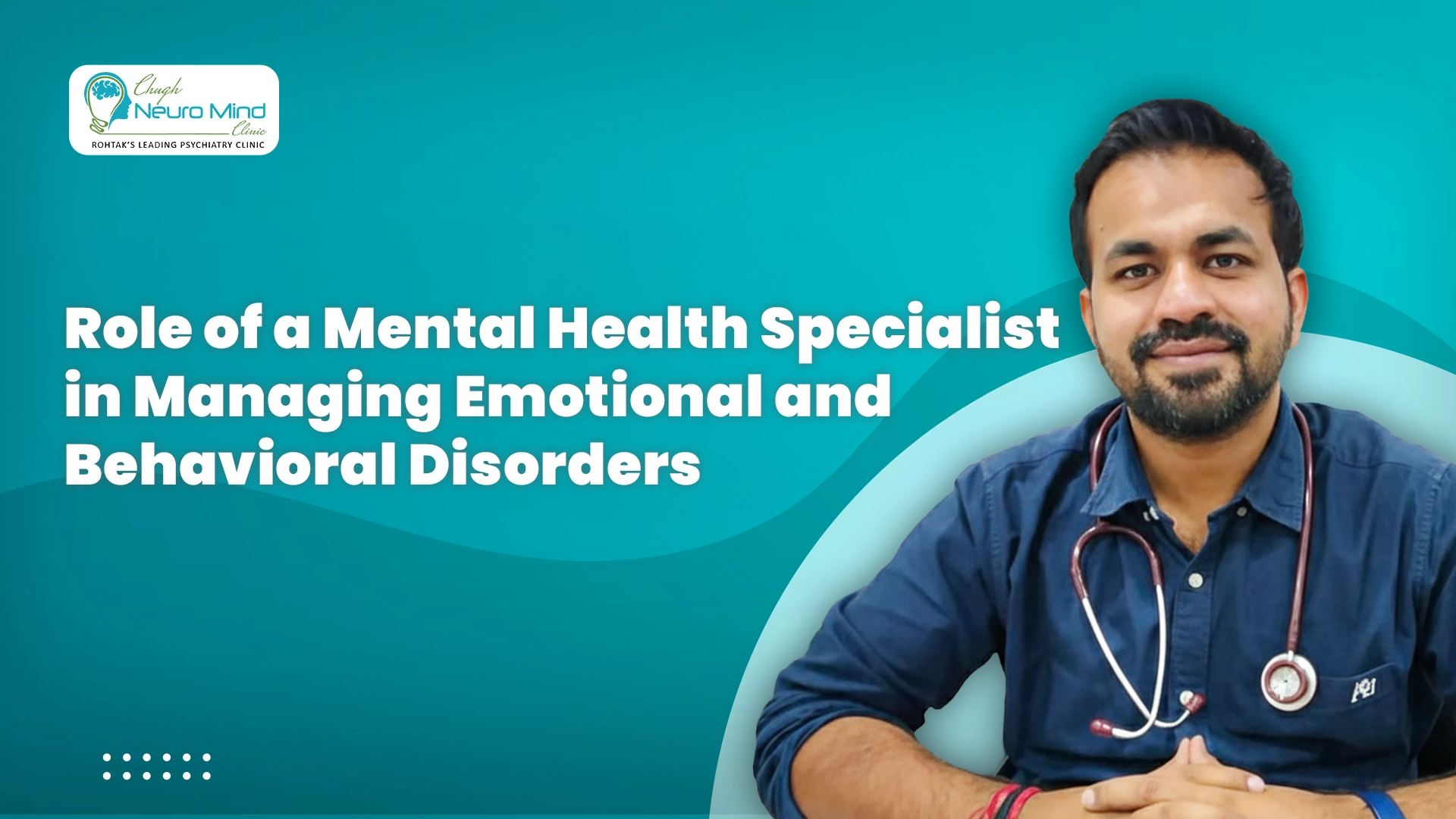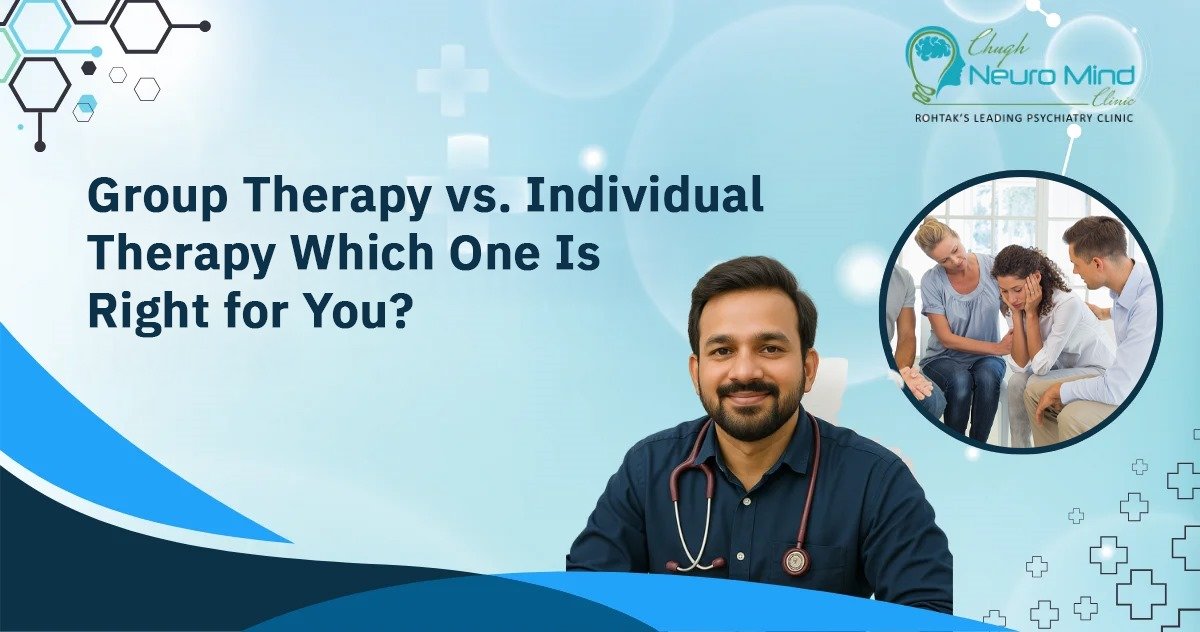
- Therapy & Psychiatry
- October 17,2025
- BY admin
- 0 Comments
Group Therapy vs. Individual Therapy Which One Is Right for You?
Mental health plays a huge role in how we feel, think, and live our lives. When things begin to feel overwhelming, therapy can be one of the best ways to find clarity and support. One of the most common questions people ask is – Should I choose group therapy or individual therapy?
Both types of therapy have their own advantages and can help in different ways. In this article we will explore group therapy vs. Individual therapy in a simple, easy -to -understand language that will help you decide which one is right for you.
What is individual therapy?
Individual therapy is a conversation between you and a trained therapist. It is a safe, private, and intimate space where you can talk about your feelings, concerns, fighting, or past experiences without judgment.
Your therapist carefully listens, helps you understand your thoughts, and leads you to healthy ways of coping. In these sessions, techniques such as speech therapy, cognitive behavioral therapy (CBT), or mindfulness are often used.
The benefits of individual therapy
- You will get personalized attention from the therapist.
- It allows you to speak freely without fear of judgment.
- Sitting is completely private and confidential.
- You can go at your own pace and deeply focus on your unique problems.
If you are someone who finds comfort in private and prefers discussions one-on-one, individual therapy can be great for you.

What is group therapy?
Group therapy includes a small group of people, usually between 6 and 12 participants, who meet together under the guidance of the therapist. Any person in a group can have similar problems – such as anxiety, depression, dependence, or relationship struggles.
In these sessions, participants share their experiences, offer support to each other, and learn new management skills. The therapist leads a discussion and ensures that everyone feels heard and respected.
The benefits of group therapy
- You realize that you are not alone – others face similar challenges.
- It helps you learn from different perspectives.
- You can improve your communication and social skills.
- It is often more accessible than individual therapies.
Group therapy may feel semi-seized because it gives you a sense of belonging and support of a community.
Group Therapy vs. Individual Therapy: Understanding the Differences
The main difference between group therapy vs. Individual therapy lies in the environment and focus.
In individual therapy, attention is entirely up to you. You have a full focus on your therapist, and everything you share remains between you and them. It is ideal for people who want to get deep into their emotions and work on personal problems.
In group therapy, attention is shared among group members. You listen, learn, and share experiences with others who can face similar emotional challenges. It is ideal for people who want to connect, feel understood, and get encouragement from others on the same path.
Individual therapy offers privacy, personalization, and depth, while group therapy provides support, shared learning, and connections. Both are just as valuable – it just depends on what is most comfortable for you.
When should you choose individual therapy?
You could benefit more from individual therapy if:
- You throw away privacy and prefer one-on-one.
- You want to explore deep, personal, or past traumas.
- You feel uncomfortable talking to others.
- You need specific, personalized instructions for your situation.
This type of therapy allows you to open freely and accept focused help adapted to your emotional needs.
When should you choose group therapy?
Group therapy could be better for you if:
- You want to connect with others who understand your feelings.
- Looking for a support community to share your experience.
- You want to practice social and communication skills in a safe environment.
- You prefer a more affordable possibility of therapy.
It is particularly useful for people who deal with loneliness, anxiety, or low self-esteem. Listening to the ways of others often gives hope and strength.
Can you combine both therapies?
Yes, absolutely! Many people find the best results when they combine individual and group therapy.
First, you can participate in individual sessions to understand your emotions, and then join group therapy to use what you have learned in social situations in real life. In this way, you get personal attention and support from the community and create a more balanced approach to healing.
How effective are these therapies?
Research shows that both group and individual therapy are highly effective in the treatment of emotional and mental health.
- Individual therapy is excellent for self-confidence and strategies for building management.
- Group therapy helps to improve trust, empathy, and social connections.
Finally, the most important level of comfort, determination, and connection with your therapist or group members is the most important level of comfort. The more open and consistent you are, the more positive the result will be.
Common myths about group therapy
Many people hesitate to connect to group therapy due to misunderstandings. Let’s break from them:
Myth 1: Everyone will judge me.
In fact, group members often support each other very much. Most people are undergoing similar fights, so they understand you more than you think.
Myth 2: It’s not confidential.
Group therapy is governed by strict confidentiality rules. Everyone agrees that they will not share what is discussed outside the group.
Myth 3: I won’t have personal attention.
Although the therapist leads more people, you will still get meaningful feedback and learn from the experience of others.

How to choose the right therapy for you
Here are some simple steps to decide what works best for you:
- Identify your needs – do you want to work on deep personal questions, or do you need emotional support from others?
- Think about your comfort level – are you okay to share in a group, or do you prefer privacy?
- Check your budget – group therapy usually costs less than individual sessions.
- Talk to the professional – the therapist can help you decide which format best suits your goals.
No matter what you choose, it is important to take the first step to heal.
Real-Life Example
Imagine a person named Arjun. After moving to New Town, he felt anxious and lonely. It begins with individual therapy, where they learn to control their anxiety and build trust.
Later, he joins group therapy, where he meets others who share similar feelings. The hearing of their stories makes it feel less alone, and over time, their social trust improves.
This shows that sometimes the combination of both types of therapy provides the strongest results.
Which therapy is right for you?
There is no single answer. The right therapy depends on your goals, the level of comfort, and emotional needs.
If you want private attention, go to individual therapy. If you want to connect, share, and grow with others, try group therapy. And if you can, combine both and experience the best of both worlds.
The aim of therapy is not just to feel better – it is better to understand yourself and learn healthy ways to handle life challenges.
Conclusion
Whether it is group therapy or individual therapy, both are effective tools for emotional recovery and self-confidence. The most important thing is to find an environment that makes you feel safe, supported, and heard.
Therapy is not a sign of weakness – it is a bold step towards growth. So take the first step today and invest in your well-being. You deserve to feel better, one session at a time.
Frequently Asked Questions:
1. Is group therapy as effective as individual therapy?
Yes, both are effective. Group therapy offers social connections, while individual therapy provides personal focus.
2. What if I feel nervous about talking in a group?
This is completely normal. Most people start shy, but open up when they gain comfort and confidence in the group.
3. Can I switch from individual to group therapy?
Yes! You can start with individual therapy and later join a group session for special support.
4. Which is more accessible – group or individual therapy?
Group therapy is generally more accessible because the costs are shared among participants.
5. Can therapy help if I have any mental illness diagnosed?
Absolutely. Therapy helps anyone who wants to improve their emotional health, manage stress, or better manage life challenges.

